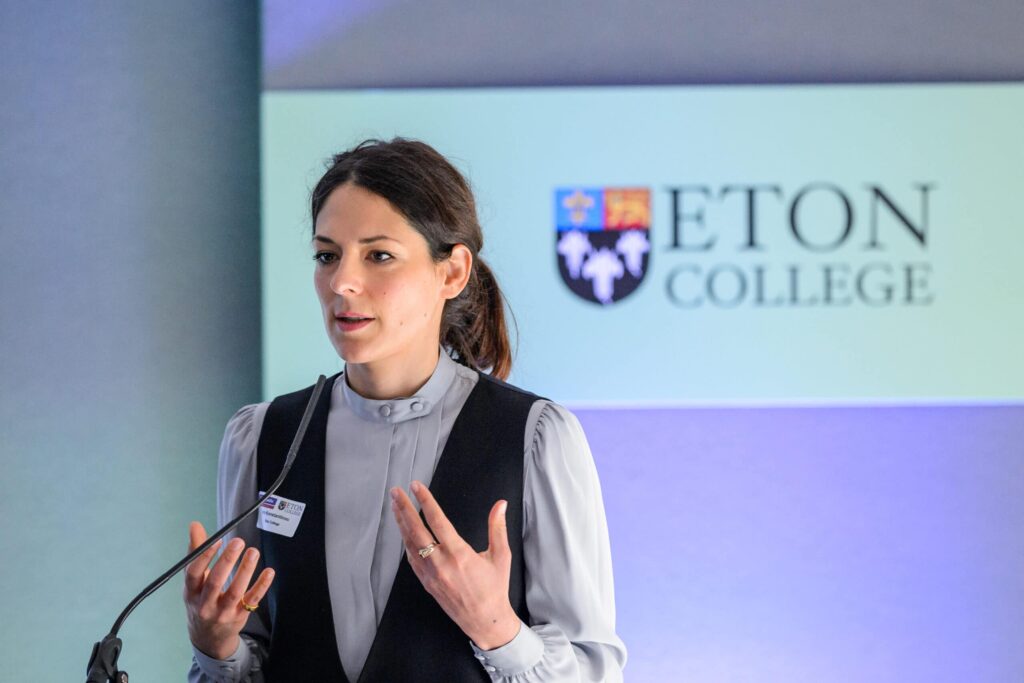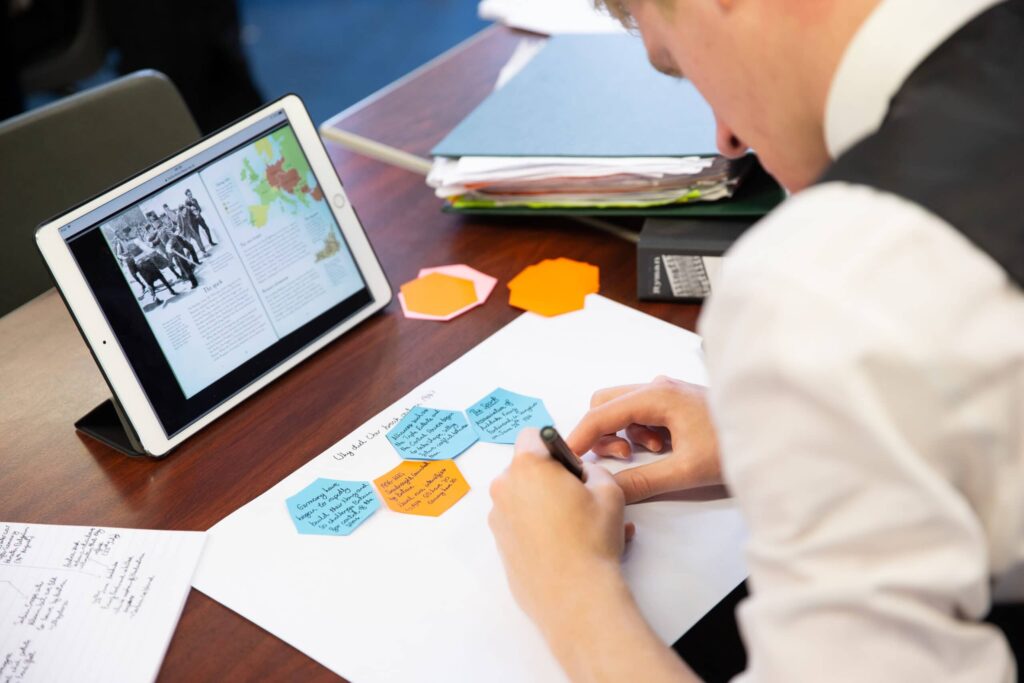While curriculum and assessment design often take centre stage in schools, the professional development of teachers is perhaps the most powerful lever for change. A solid programme of continuing professional development (CPD) not only equips teachers with evidence-informed strategies but also fosters a culture of collaboration, reflection, and ambition for pupils. This ultimately raises attainment at GCSE, and more broadly across the whole school. We suggest three key areas for successful whole-school engagement with professional development.
- Driven by evidence and impact
Professional development must go beyond the delivery of new ideas or fashionable strategies. For it to truly shape classroom practice, it needs to be rooted in robust research and centred on improving pupil outcomes by understanding its impact. Some key principles include:
- Draw on research-informed practices and trusted sources of evidence. Some good sources include the Chartered College of Teaching, the Education Endowment Foundation, Inner Drive, and our very own resources.
- Design CPD with clear pupil outcomes in mind, not just teacher satisfaction.
- Regularly evaluate whether initiatives are improving teaching and learning.
- Encourage staff to test, refine, and share what demonstrably works
2. Collaborative and sustained
The most powerful professional learning is rarely the product of a single event. One-off training sessions may inspire, but they seldom transform practice. By contrast, collaborative and ongoing CPD creates the conditions for long-term change and reflection. The key drivers here should be:
- Build structures for joint planning, reflection, and peer observation. This should not only be within departments; cross-departmental work can be invaluable.
- Establish learning triads, peer coaching, or lesson study groups.
- Provide opportunities for staff to revisit, refine, and embed learning over time. One valuable model is a year-long action research initiative, with staff sharing their insights and outcomes in an end-of-year presentation which promotes this cycle of reflection.
3. Supported by leadership and culture
For professional development to thrive, it cannot be an afterthought. Senior leadership play a critical role in prioritising CPD, allocating time within the school timetable, and ensuring resources are directed towards growth. Meaningful support entails:
- Allocating dedicated time within the timetable for professional learning.
- Recognising and rewarding engagement in CPD with roles, titles, or reduced teaching loads.
- Providing resources, whether staffing, funding, or access to research, that support professional growth.
- Modelling a culture where professional learning is valued and celebrated.




